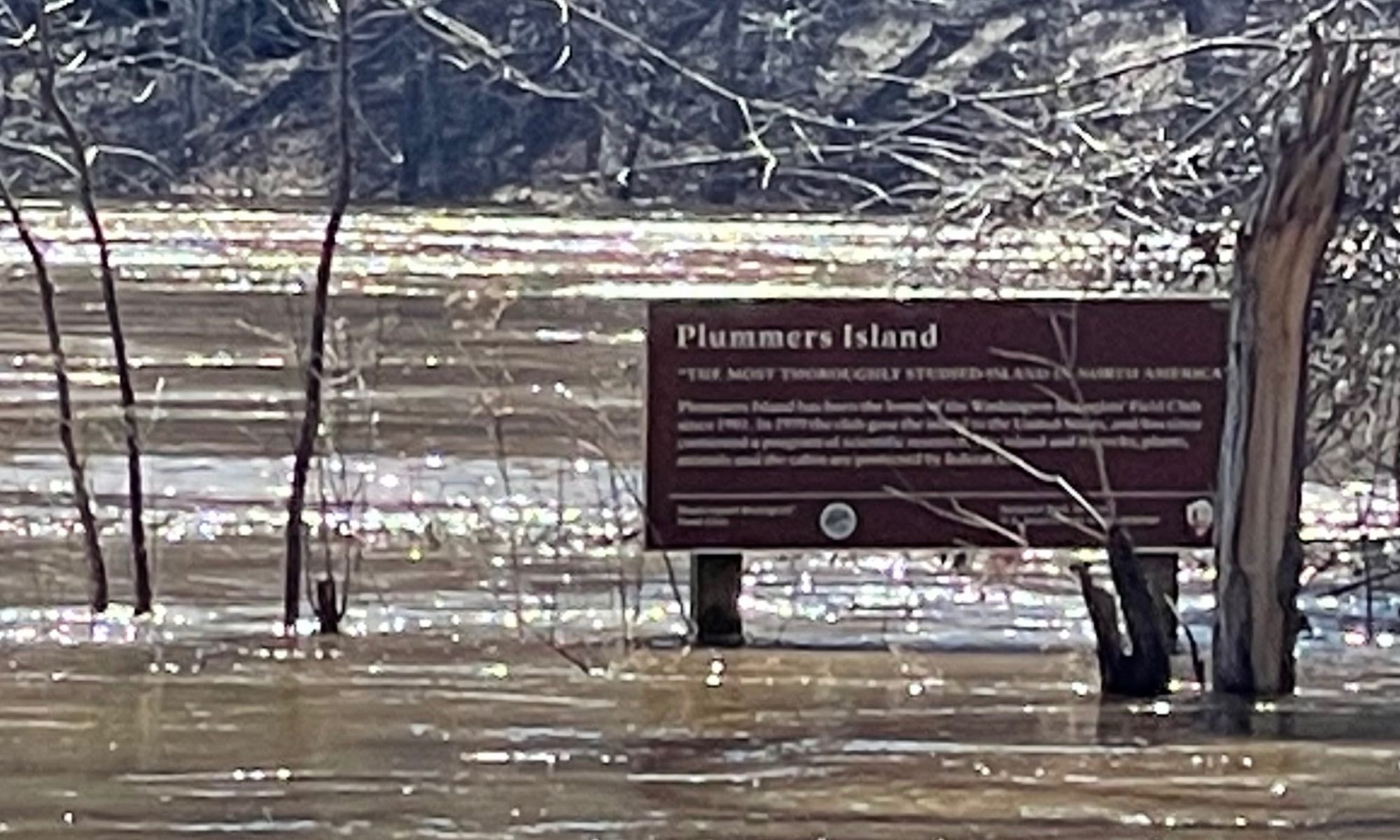
Eisenberg, John F. (Deceased)
John was born on June 20, 1935, in Everett, Washington. He began a career of nature study while quite young with active encouragement from his parents, Otto and Bernice Sessions Eisenberg. His family actively pursued hunting and fishing activities in the Pacific Northwest.
John completed a BS degree in zoology at Washington State University and did his graduate work at the University of California, Berkeley. He completed his PhD degree in 1961. He began his professional career as an assistant professor of zoology at the University of British Columbia, Vancouver. He moved to College Park, Maryland, in 1964 for a position in the Department of Zoology at the University of Maryland. In 1965, he was appointed resident scientist at the National Zoological Park, while retaining his academic affiliation with the University of Maryland.
John remained at the National Zoological Park until 1982, occupying various positions including assistant director for Animal Programs. During his 17-year tenure, he founded and expanded the Department of Zoological Research. His activities were not confined entirely to the zoological park setting, but included responsibilities for initiating field research projects. In association with Dr. Edwin Gould, research was conducted in Madagascar during 1966 and 1967. Together with H. K. Beuchner, a field project in Ceylon focusing on the ecology of the Asian elephant was carried out from 1967 to 1970. An important series of ecological studies was launched in Venezuela with several colleagues during the years 1974 to 1982.
From 1982 to 2003, John held the Katharine Ordway Chair of Ecosystem Conservation at the University of Florida, Gainesville. He continued research in South America with numerous graduate students while supervising the Ordway-Swisher preserve of some 10,000 acres in Putnam County, Florida.
John served as president of the Animal Behavior Society in 1973, and received the C.
Hart Merriam award from the American Society of Mammologists.
John was elected to the Washington Biologists’ Field Club in 1980 and was a non-resident member for many years, while living in Bellingham, Washington.
John died on July 6, 2003, at his home. He was 68 years old.

